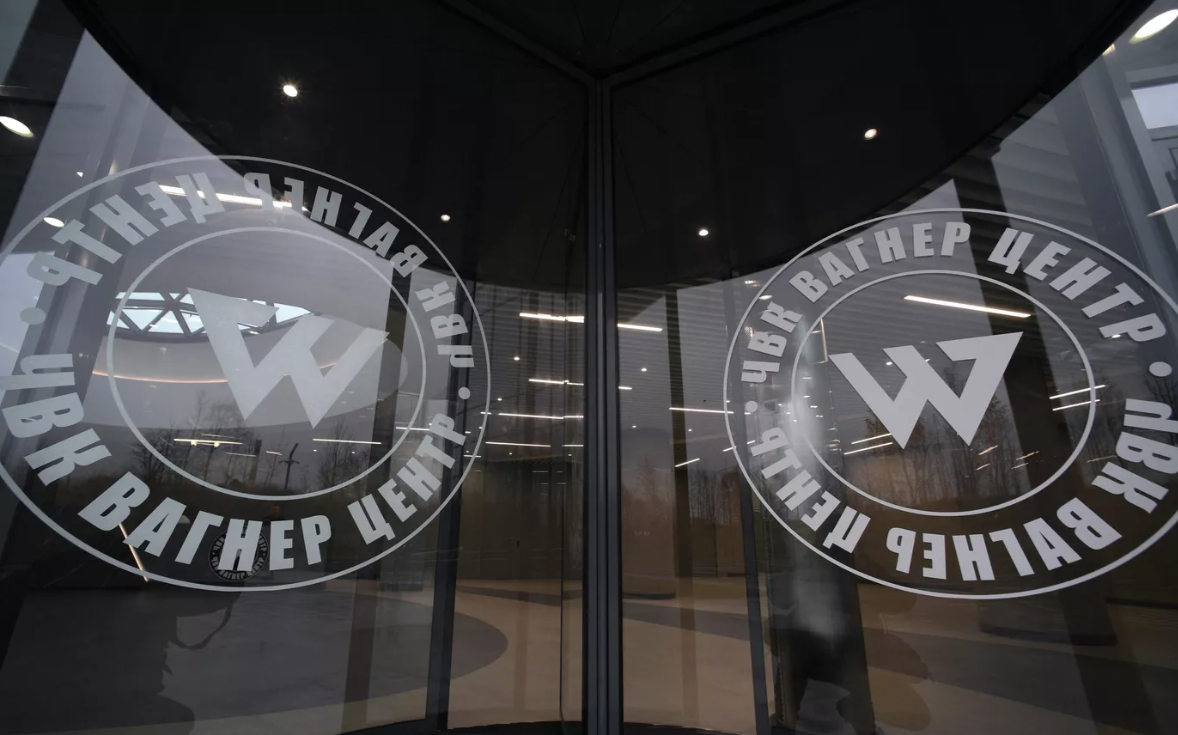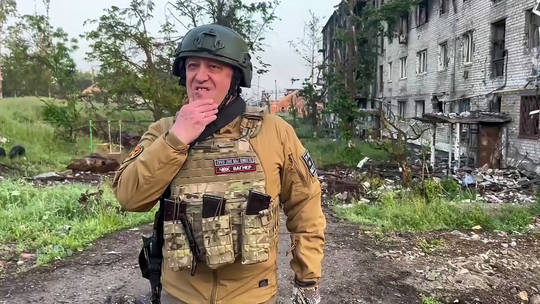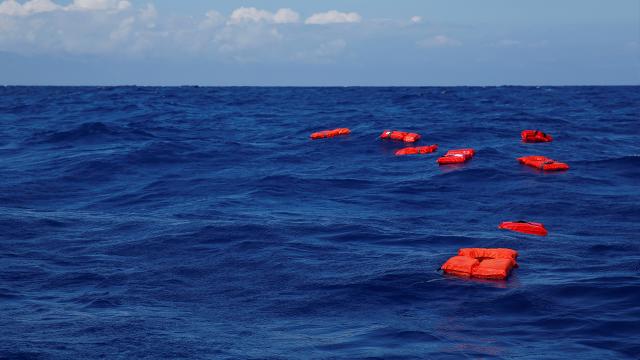Founded in 2014, Wagner, which has turned into a private army protecting Russia’s interests from Crimea to Syria, from Libya to Mali, and most recently in Ukraine, where it has made a name for itself as much for its cruelty as for its successes, launched an open rebellion on Friday evening, crossing the Ukrainian-Russian border from two separate regions and marching on Moscow.
According to its founder and “commander-in-chief” Yevgeni Prigojin, the last straw was when the Russian armed forces, which he has long criticized, targeted his troops and hit them with missiles. Prior to this, Prigojin had complained of insufficient support and accused his country’s military authorities, including Defense Minister Shoigu, of incompetence.
This time, in a profanity-laced visual message, he went beyond the limits of criticism and insult, declaring that he was on his way to overthrow them and that he would fight anyone who tried to oppose them. Then he announced that the soldiers embraced them in the first city they entered. He added that the authorities in Moscow would not refrain from killing civilians when targeting their forces.
Experts interviewed by the Guardian, Politico and the BBC say that Prigojin has no chance, and that his exit will make it easier for Putin, who has been waiting for an opportunity to pull the plug on Wagner for some time. There are also those who explain Prigojin’s reaction by the fact that he wants Wagner to be attached to the army like other volunteer units fighting in Ukraine.
According to them, Prigojin, who will lose his power and influence through contract soldiering, has chosen to protect himself by making a final move. Most of the news reports support this view. Mostly they tell the story of Prigojin’s rise, his personal story from street punk to sausage vendor, from luxury restaurant owner to military contractor.
Some reports talk about the sanctions imposed on him, others about his years of experience in prison, and even about the murders he committed starting at the age of 18. In one of the most comprehensive news analyses, the Guardian has also published photographs of Prigojin serving meals to dignitaries from Bush Sr. to Prince Charles.
But the Guardian obviously did not give Prigojin much of a chance of success, did not foresee that his rebellion could be long-lasting, that it could open the door to a process that could lead to the fate of the war in Ukraine on the one hand and the disintegration of Russia on the other. Yet both are possible. As of yesterday evening, Wagner’s troops were still advancing.
We are talking about a force of 25,000 men, heavily armed, who have achieved success in Ukraine and are seen as heroes in Russia, and a culture where the slightest betrayal is severely punished and loyalty to the group is sacrosanct. It is also impossible for Prigojin’s accusations and statements about the number of dead soldiers not to appeal to ordinary people.
Whether the Wagner commanders will take measures against Prigojin, as Putin expects and wants, and arrest him for disrupting the defense of the homeland, or whether he and his forces can be defeated in the near future, remains to be seen. But it is true that this rebellion and uprising has deeply affected Russia, forcing its officials to issue statements in the middle of the night.
The Wagner rebellion is not something that can be taken lightly, not by the Russians, not by our NATO allies and not by us. Even in the scenario of their defeat, it is now much more likely that the course of the Ukrainian war will change and that Russia will accept a ceasefire agreement closer to Ukraine’s expectations. It is even more likely that Ukraine will achieve the military success it desires.
However, what should be considered from our point of view is the possibility that the uprising could trigger a process that could lead Russia into a civil war and/or disintegration of Russia. This is because we are one of the first countries that would have to bear the consequences of the chaos that might ensue, and we are also likely to benefit from the geopolitical opportunities that it would create.
First of all, the Russian Federation is a nuclear power. According to the most optimistic estimate, it has 5889 nuclear warheads. It has 1674 nuclear missiles ready to be fired at any moment. Moreover, it has experts with the know-how and ready-to-use facilities to build these weapons. A chaotic and protracted civil war could be the carrier of nuclear surprises.
And let’s not forget that Russia is an important trade partner and energy source for Turkey. We host millions of Russian tourists every year. A domestic conflict and an uncertain economic future would negatively affect both the tourism industry and our export opportunities, which have been boosted by the Ukraine war. Moreover, Russia and
It would deepen the crisis between the “West” and increase the pressure on us to comply with sanctions.
And let’s not forget that Russia is an important trade partner and energy source for Turkey. We host millions of Russian tourists every year. A domestic conflict and an uncertain economic future would have a negative impact on the tourism industry as well as our export opportunities, which have been boosted by the Ukraine war. Moreover, Russia and
It would deepen the crisis between the “West” and increase the pressure on us to comply with sanctions.
On the other hand, the weakening of the central authority could lead to a development similar to the collapse of the Soviet Union, where the constituent units of the federation, which have been demanding more autonomy for a long time, demand independence, leading to the dissolution of centuries of Russian hegemony – call it an empire if you like – and the emergence of a new sphere of influence, perhaps historic opportunities, for Turkey.
It is of course good for Turkey to have a northern neighbor with whom it has good relations and whose importance is appreciated, and to manage its problems with reason, logic and diplomacy as it does now. But it is better if that neighbor is weakened to the point that it cannot be an aggressor and does not pose a threat in the future. Even better would be an unpredictable increase in Turkey’s influence and weight.
As long as that neighbor does not fall into the vortex of instability and chaos, and its weakness does not create more problems than it solves. And let us not try to sacrifice the good for the sake of achieving the better, or pretend to do so. But let us follow developments closely and take precautions against any scenario from the beginning.
Let’s also keep in mind that someone may try to use us.
It is too early to make any decision at the moment. America, Britain and France are waiting. Many other states are silent. They are probably both pleased and disturbed by the developments. For the time being they are more interested in Ukraine than in Russia, they are trying to see the end of the war. We, too, need to follow the developments without prejudice and formulate policies accordingly…
By: Mensur Akgun: Translated from the Turkish text




